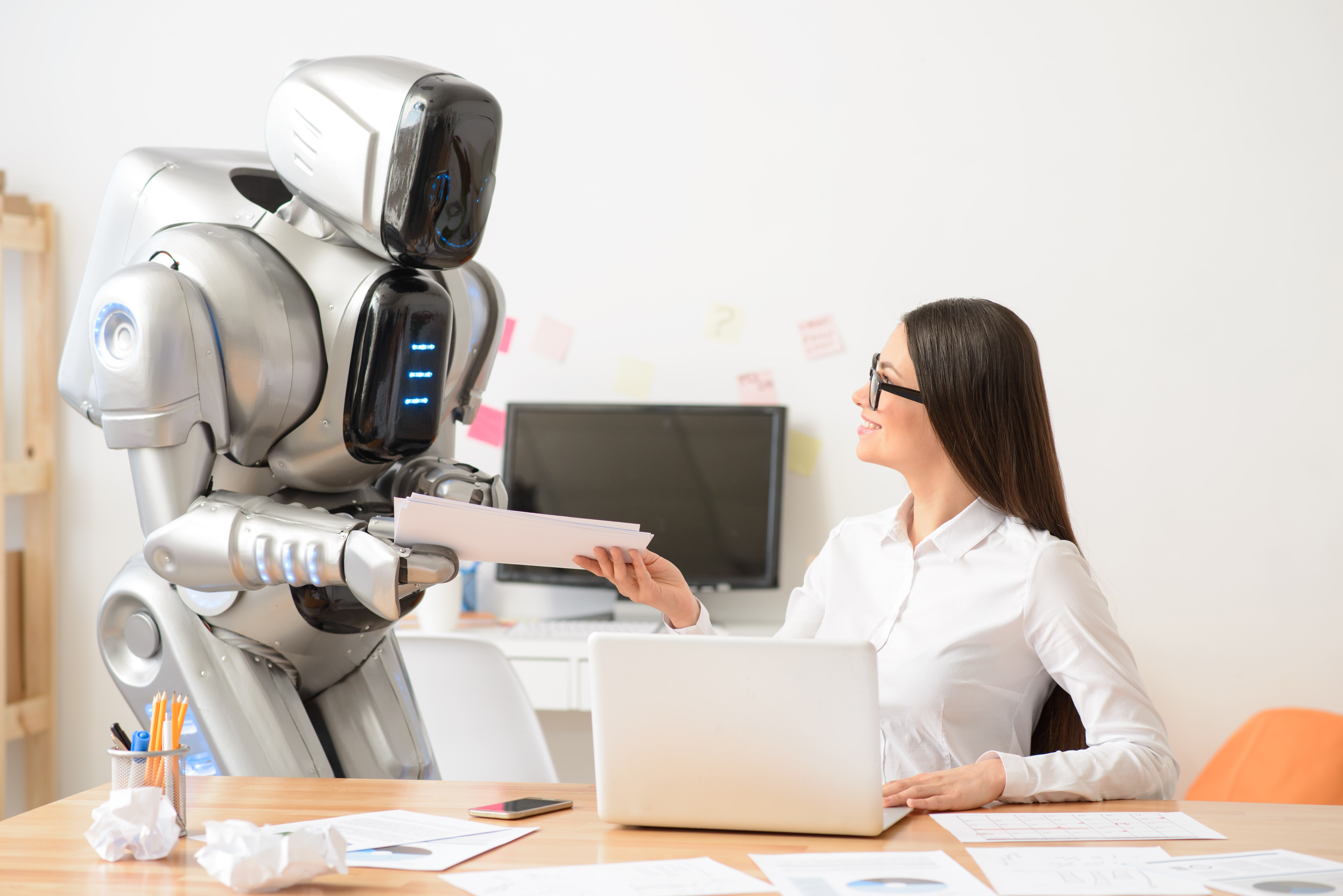
The modern workplace is undergoing significant changes driven by advancements in AI and robotics. As businesses seek greater efficiency, automation, and flexibility, robots will become an integral part of office environments. While robotics has long been associated with manufacturing and logistics, its influence is now expanding and will reshape how we work.
The Evolution of Robotics in the Workplace
Robotics in offices isn’t a futuristic concept; it’s already happening. From handling repetitive administrative tasks to AI-powered chatbots managing customer inquiries, automation streamline operations and improves productivity. The next phase involves physical robots assisting with tasks traditionally performed by humans, such as office maintenance and collaborative problem-solving.
Key Roles Robotics Will Play in Future Offices
- Automating Repetitive Tasks
Many office jobs involve repetitive, time-consuming tasks such as data entry, invoice processing, and scheduling. Robotics, combined with AI, can manage these tasks efficiently, reducing human error and allowing employees to focus on more strategic work. - Enhancing Workplace Collaboration
Robots will assist human employees by managing workloads, organizing data, and even suggesting solutions based on predictive analytics. AI-driven virtual assistants will facilitate meetings, transcribe conversations, and generate reports in real time. - Personalizing Employee Experiences
AI-powered robots will play a role in personalizing the employee experience. Smart office assistants will be able to adjust lighting, temperature, and workspace configurations based on individual preferences, promoting a more comfortable and productive environment. - Revolutionizing Office Logistics
Delivery robots will transport documents, packages, and even coffee across office floors, improving efficiency and reducing human workload. In large corporate campuses, autonomous shuttles may transport employees between buildings.
The Human-Robot Relationship in Offices
While robots will take over many routine tasks, they won’t replace human employees entirely. Instead, they will complement human capabilities, allowing employees to focus on creativity, problem-solving, and interpersonal collaboration. Businesses must create a culture of adaptability, ensuring their employees are ready to work alongside intelligent automation.
Privacy and Data Security
AI-powered office assistants and robots will collect vast amounts of data, raising concerns about how this information is stored, used, and protected. Businesses must implement strong cybersecurity measures and transparent policies to maintain employee trust and comply with data protection regulations. Organizations must establish clear guidelines on what data is collected, how it is used, and who has access to it. Transparency is essential in creating a work environment where employees feel respected and protected.
Conclusion: A More Efficient and Dynamic Workplace
Future offices will be environments where humans and robots collaborate seamlessly. Robotics will redefine how we work by automating tasks, enhancing workplace collaboration, and improving operational efficiency. Organizations that embrace this shift investing in both technology and employee development, will gain a competitive edge in the evolving business landscape.
As robotics continues to advance, one thing is clear: the office of the future will be smarter, more efficient, and more dynamic than ever before.
